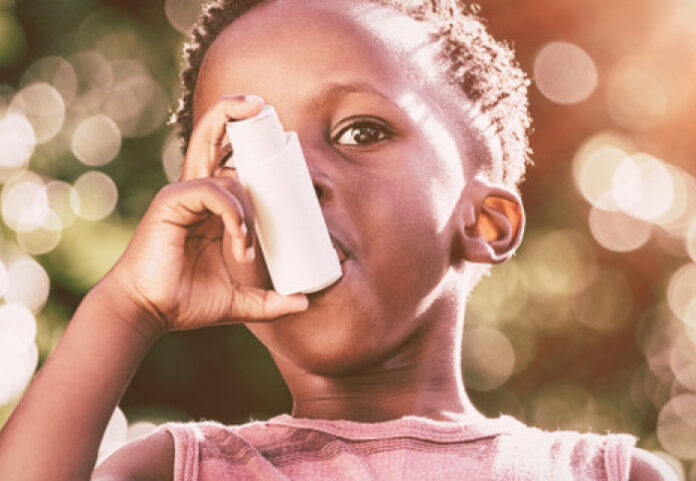Children experiencing social disadvantage in their first few years of life have a greatly increased risk of asthma persisting into adulthood.
These are the findings of a study, published today in the journal Thorax, looking at the early life circumstances of thousands of UK children and their risk for persistent asthma as teenagers.
Researchers from Imperial College London and the University of Liverpool used data from almost 7,500 children born in the UK between 2000-2002.
Comparing the relative impacts of a range of early life circumstances on asthma risk (such as birthweight, parental smoking, quality of housing and neighbourhood), their analysis found that being born into disadvantaged circumstances increased the likelihood of developing persistent asthma by 70%, with almost two-thirds (59%) of the risk attributable to early life exposures; before the children reached three years old.
The researchers say their findings highlight how social and economic factors are driving persistent asthma among the most disadvantaged children in the UK.
They add that while the condition is manageable, persistent asthma is still responsible for preventable hospitalisations and deaths, and that the UK has among the worst death rates for asthma in Europe.
“We know that children from poorer backgrounds, who live in disadvantaged circumstances, tend to have a much higher risk of developing asthma, but they also have more asthma attacks, hospitalisations and are more likely to die from asthma,” said Sonia Saxena, Professor of Primary Care within Imperial’s School of Public Health.
“What this study shows is that social and economic disadvantage overwhelmingly takes hold early in life, in the first few years, and has a potential life-long impact on respiratory and general health.”







